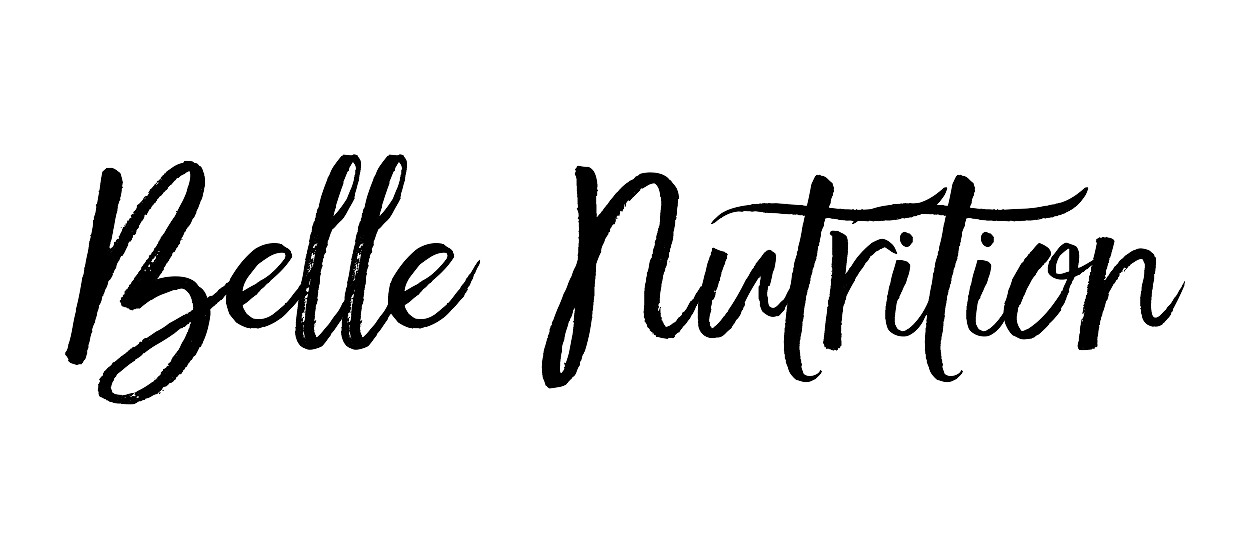I came across an interesting article in The Mirror online from Jan 2017 which begins
“Are you one of the smug thousands who gave up alcohol for January then downed a glass of wine or beer as the clock struck midnight on January 31?”
Interesting tone (synonyms of smug being ‘self-satisfied and superior’) to describe someone who has just focussed on their health for a month and got through to the end without slipping up. Of course, we should celebrate this achievement without worrying how others are observing us but it’s not always easy. January is all about promise and new beginnings and if that means quitting alcohol to see how we feel then fabulous let’s support those who are giving it a go or reflect positively on how this might make us feel about our own approach to alcohol (as perhaps the writer of the Mirror article may have been).
Excess alcohol raises the risk of heart disease, stroke, liver disease, depression, dementia and cancer of the mouth, throat, stomach, liver and breast. And it’s calorific too. It’s not just binge drinkers who are at risk. Women who regularly have more than two to three units a day, or 14 a week, are at ‘increasing risk’ of these diseases, according to Alcohol Concern.
What difference could a dry month make?
According to The Mirror article, there’s a lack of research on social drinkers. The study they quote involved just 14 people at the Royal Free Hospital in London.
It found that after an alcohol-free month, participants had lost an average of 3lb and had reduced blood glucose levels by 16% and cholesterol by 5%. High blood glucose is a risk factor for diabetes while high cholesterol raises risk of heart disease and stroke. So although it’s a small study the results are promising. We also do not have information on their diets which may have improved the results further if they were following my cleanse!
The article also quotes Dry January Ambassador Dr Amber Appleton who reported benefits of an alcohol-free month as: “Better sleep and ability to concentrate, more energy, a more stable mood, weight loss, improved digestion, better immunity and better skin.”
Well, its day 9 for me and I’m certainly feeling all of the above and wondering why we feel so drawn to alcohol throughout the year. Apparently, it takes 21 days to form a new habit so it’s important to stick with it. Having a motivating factor is important too whether this is how much money you save in a month and what this will go towards or whether its that incredible feeling of wellbeing which you will reach by the end of the month (if not before). It could be a weight loss target or increased energy levels which work well together.
“If your liver doesn’t have to process alcohol, it will have more reserve to perform its many other functions, such as converting food to energy, fighting infection and storing minerals and essential vitamins, more efficiently,” explains Dr Appleton.
“Drinking alcohol can also affect your energy levels by causing dehydration and because it interferes with the way your body makes energy.”
The critics propose that people use Dry January as an excuse to drink heavily for the rest on the year. Clearly abstaining for one month per year will not protect us from the detrimental effects of drinking heavily on a regular basis. As long as we understand this then we can focus on our own aims and ignore the faultfinders. Giving up booze for a month will undoubtedly make you feel much better than you did on the morning of January 1st so give it a go.
To stay on track for a successful January Health Kick I am running an online Facebook group in which we are eating well, quitting booze for the month and using group motivation to achieve this. Nothing smug about it, just aiming to start the New Year with a healthy focus!
Email bellenutrition@gmail.com for more information about this Facebook page.


